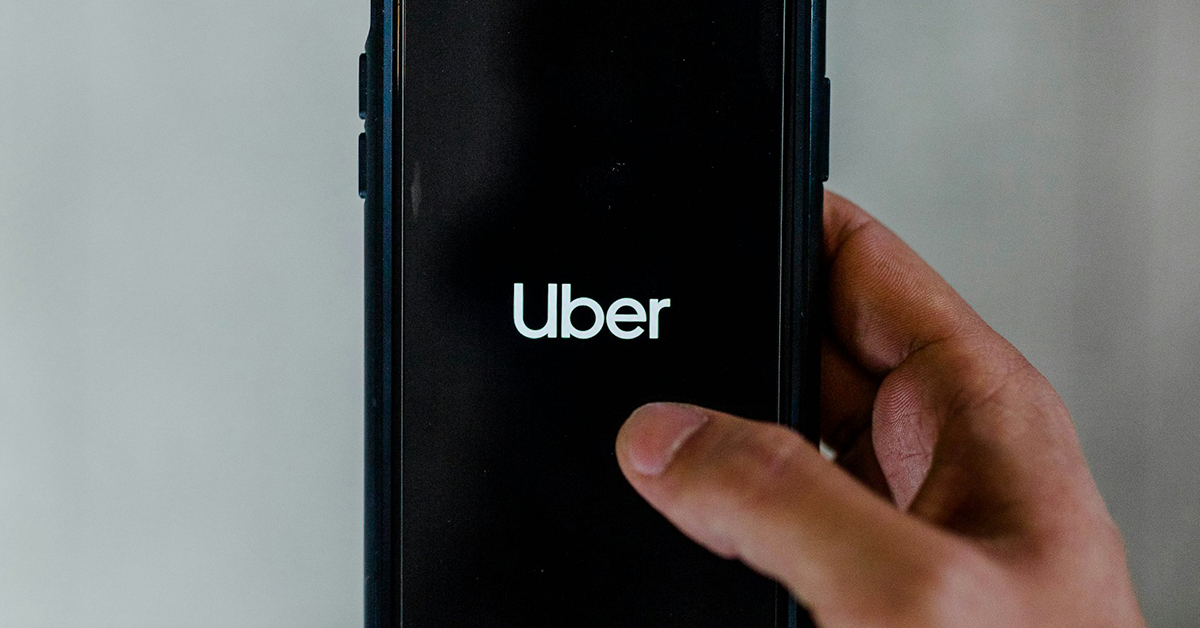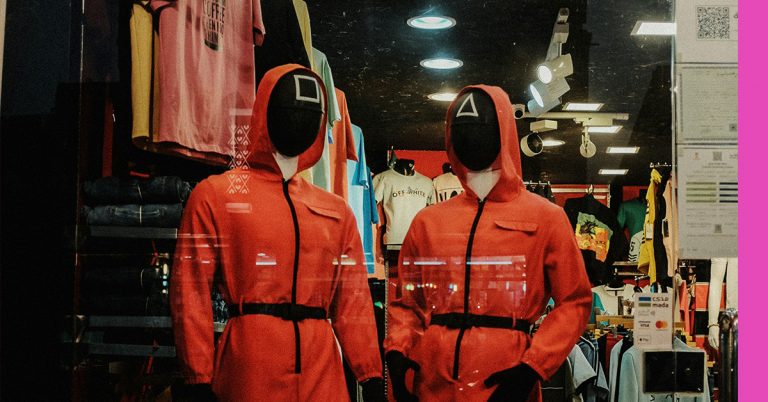The FTC is conducting an investigation into Uber’s subscription practices
Uber is in the hot seat as the Federal Trade Commission (FTC) investigates claims that the company automatically enrolled customers into its Uber One subscription program and made cancellations harder than finding a cab during rush hour. If true, these practices could run afoul of consumer protection laws.
Uber’s One, But Not Everyone’s
Uber One, a subscription service promising discounts on rides and deliveries for $9.99 per month, is under scrutiny for allegedly giving some customers more than they bargained for—by enrolling them without consent. Complaints also claim that canceling the service is akin to navigating through a labyrinth of digital hurdles, despite Uber insisting it’s as easy as a few clicks and takes less than 20 seconds.
The FTC investigation, which began earlier this year, aims to determine whether these practices violate laws designed to protect consumers from shady subscription tactics. Central to the inquiry are issues of transparency and whether customers were adequately informed and empowered to opt out.
A Bumpy Road for Uber
This probe is part of a broader FTC crackdown on companies that make subscriptions a “roach motel” of sorts—you can sign up easily, but getting out is a nightmare. Earlier this year, the FTC proposed a “click-to-cancel” rule requiring businesses to simplify subscription cancellations to a single click, much like signing up.
For Uber, the stakes are high. If found guilty, the company could face hefty fines, be forced to revamp its subscription practices, and endure damage to its brand reputation. Already, the ride-hailing giant has weathered past regulatory storms, including data privacy controversies and labor disputes, so it’s no stranger to legal tussles.
The Humor of It All: Subscriptions Gone Wild
It’s hard not to laugh at the absurdity of modern subscription snafus. From accidentally subscribing to obscure streaming platforms to battling predatory free trial traps, consumers have all been there. The idea of unwittingly joining a ride-share club and struggling to leave feels like the plot of a sitcom, where even your Uber Eats order comes with a side of unsolicited membership fees.
Uber’s response? A cool and confident “our process is easy and lawful.” But with the FTC’s history of enforcing compliance, the company might want to rehearse its courtroom monologue just in case.
What’s Next?
If you’re an Uber user, now’s a good time to double-check those subscription settings—lest your next grocery delivery comes with a surprise membership renewal. For Uber, this is yet another moment of reckoning in the age of increasing consumer protection and regulatory oversight.
While we await the outcome of this investigation, one thing is clear: subscription services are no longer a free-for-all. The FTC is here to make sure companies play fair, even if it means putting a billion-dollar juggernaut like Uber in the backseat for a while.







